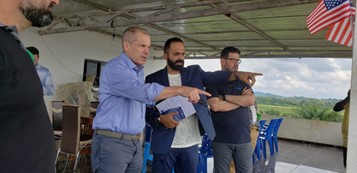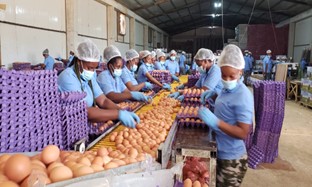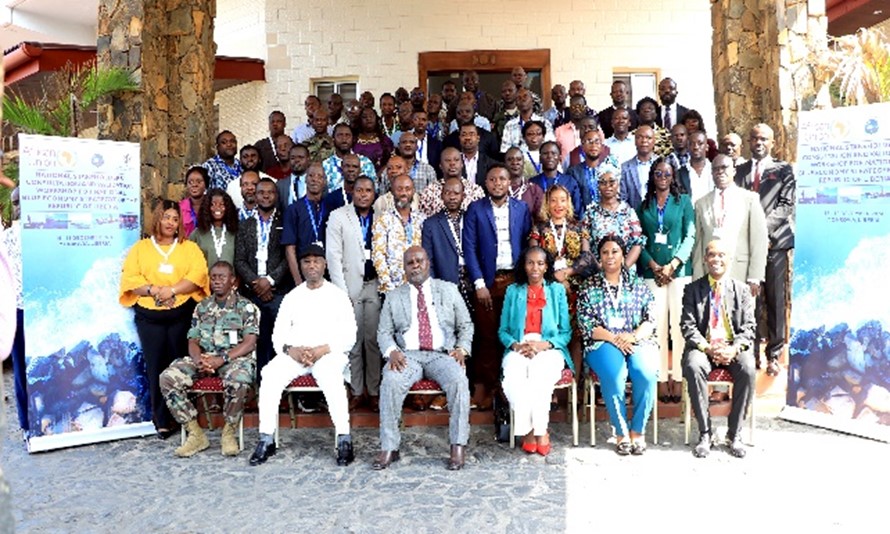US Ambassador to Liberia, Mark C. Toner, has praised the Liberia American Poultry (LAP) for its substantial investment in poultry farming, which supplies over 1,100 cartons of 360 eggs each day to the local market.
During a recent tour of LAP’s facility in Bomi County, which houses over 500,000 chickens, Ambassador Toner highlighted the significance of such initiatives in strengthening the economy and enhancing food security.
In an interview with newsmen, Ambassador Toner noted that LAP is not only addressing food insecurity but also contributing to President Joseph Nyumah Boakai’s ARREST agenda, focused on agricultural growth. “This impressive operation exemplifies the entrepreneurship and economic development needed in Liberia,” he remarked.
The ambassador expressed the optimism that LAP’s success could attract further US investments in Liberia. He acknowledged the country’s progress in political development and democracy, stating, “Businesses like these are clear examples of what needs to happen, and we need more of this.”
Tonner emphasized the importance of infrastructure investment for economic growth, pointing to the necessity for improvements in roads, electricity, and internet connectivity.

LAP, the largest poultry farm in Liberia, operates seven production units and employs 350 permanent workers from 12 towns in the region. Additionally, the farm engages contract workers to support local job creation.
Managing Partner Christopher Bsaibes stated that LAP’s current production can meet local demand, although poor road conditions often lead to product damage during transport to Monrovia.
Bsaibes announced that LAP now produces 400,000 eggs daily, a milestone for Liberia, and is preparing to export to neighboring countries.
He contrasted LAP’s fresh, locally produced eggs with previously imported frozen eggs, which could take over 50 days to reach the market.
With a 500-acre facility, LAP is equipped with climate-controlled production areas and a feed mill in Monrovia that produces 60 tons of chicken feed daily.
Bsaibes shared plans for future hydroelectric power from the nearby river to support both the poultry farm and surrounding villages.
LAP also sells chicken manure as a natural fertilizer, promoting sustainable agricultural practices in a country lacking cattle farming. Bsaibes called for the government to ban egg imports and chicken manure, asserting that LAP can fulfill national demand.
Reflecting on the Ambassador’s visit, Bsaibes expressed hope for on-going development and expansion. He explained that LAP, which began with just 75,000 chickens, is committed to meeting national needs while exploring export opportunities.
“LAP needs government help in applying surtariff law to ban the importation of eggs and the importation of chicken manure and to also help in restoring the road connecting Bomi to Monrovia,” Bsaibes stated.
“Our investment in Bomi County is just the beginning; we aim to grow further and support local communities,” he assured.






